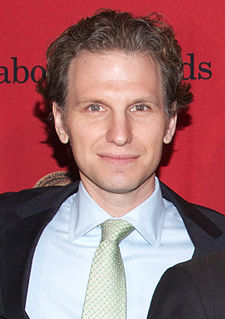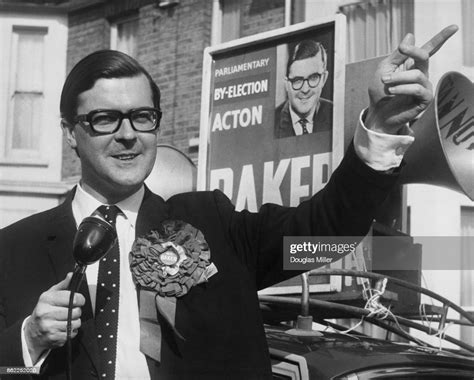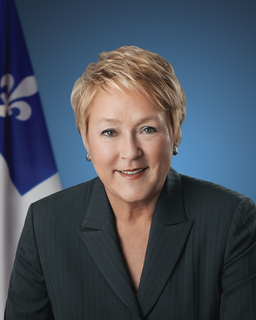A Quote by Daniel Yergin
An important United Nations environmental conference went past 6:00 in the evening when the interpreters' contracted working conditions said they could leave. They left, abandoning the delegates unable to talk to each other in their native languages. The French head of the committee, who had insisted on speaking only in French throughout the week suddenly demonstrated the ability to speak excellent English with English-speaking delegates.
Quote Topics
Abandoning
Ability
Ability To Speak
Committee
Conditions
Conference
Could
Delegates
Each
English
English-Speaking
Environmental
Evening
Excellent
French
Had
Head
Important
Insisted
Languages
Leave
Left
Nations
Native
Native Language
Only
Other
Past
Said
Speak
Speaking
Suddenly
Talk
Throughout
Unable
United
United Nations
Week
Working
Working Conditions
Related Quotes
Most English speakers do not have the writer's short fuse about seeing or hearing their language brutalized. This is the main reason, I suspect, that English is becoming the world's universal tongue: English-speaking natives don't care how badly others speak English as long as they speak it. French, once considered likely to become the world's lingua franca, has lost popularity because those who are born speaking it reject this liberal attitude and become depressed, insulted or insufferable when their language is ill used.
I've done many, many French movies and many, many English movies. I think it frees something when you don't talk in your mother language, but I also think you withdraw something as well. I'm a French actress, and sometimes I speak in English-speaking roles. For me, being an actress was always being a traveler. It goes together.
I work in Hebrew. Hebrew is deeply inspired by other languages. Not now, for the last three thousand years, Hebrew has been penetrated and fertilized by ancient Semitic languages - by Aramaic, by Greek, by Latin, by Arabic, by Yiddish, by Latino, by German, by Russian, by English, I could go on and on. It's very much like English. The English language took in many many fertilizations, many many genes, from other languages, from foreign languages - Latin, French, Nordic languages, German, Scandinavian languages. Every language has influences and is an influence.
It's a common mistake for vacationing Americans to assume that everyone around them is French and therefore speaks no English whatsoever. [...] An experienced traveler could have told by looking at my shoes that I wasn't French. And even if I were French, it's not as if English is some mysterious tribal dialect spoken only by anthropologists and a small population of cannibals.
After all, in both languages we were dealing in large measure not with English and French, but with Scots and Irish, Bretons and Normans ... There could be no more eloquent illustration of the colonial mind-set than a bunch of Celts and Vikings in a distant northern territory insulting each other as les Anglais and the French as if they were the descendants of the people who had subjected and ruined them.
You know, now there is always half of the new Quebecers who are going to the English CEGEP. After that, often they are going to work in English. So for us, that is so important. We are a real minority in North America. Two per cent of the population are French-speaking. We have to protect this reality.



































